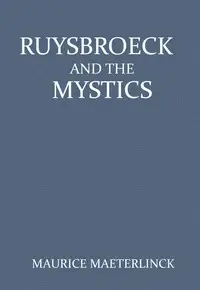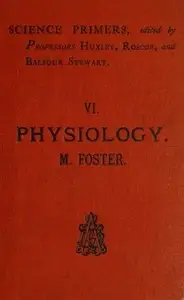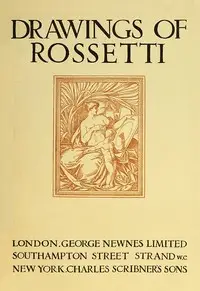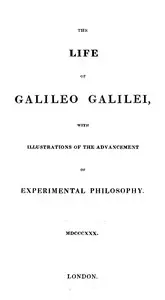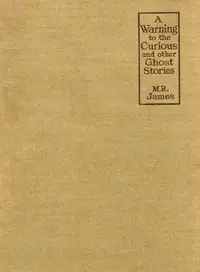"The Unknown Guest" by Maurice Maeterlinck is an analytical essay that delves into the phenomena of supernatural occurrences, written during the late 19th century. This work explores themes surrounding the manifestations of the unknown, such as veridical apparitions, psychic phenomena, and the deeper connections between life and death. The author draws upon extensive research conducted by psychical societies to examine the nature of inexplicable events and their implications for human understanding. The opening of the work establishes Maeterlinck's intention to investigate the current understanding of supernatural experiences. He discusses various classifications of apparitions, including hallucinations from the living and the dead, and introduces concepts like psychometry and telepathy. The chapter outlines key ideas and evidence from scientific inquiry, with a focus on how intense emotions can manifest as psychic phenomena, suggesting that there exists an unexplored realm beyond conventional science. By compiling examples and observations, Maeterlinck sets the stage for a larger discourse on the mysteries that challenge the boundaries of human comprehension. (This is an automatically generated summary.)

The Unknown Guest
By Maurice Maeterlinck
"The Unknown Guest" by Maurice Maeterlinck is an analytical essay that delves into the phenomena of supernatural occurrences, written during the late ...
Maurice Polydore Marie Bernard Maeterlinck, also known as Count/Comte Maeterlinck from 1932, was a Belgian playwright, poet, and essayist who was Flemish but wrote in French. He was awarded the Nobel Prize in Literature in 1911 "in appreciation of his many-sided literary activities, and especially of his dramatic works, which are distinguished by a wealth of imagination and by a poetic fancy, which reveals, sometimes in the guise of a fairy tale, a deep inspiration, while in a mysterious way they appeal to the readers' own feelings and stimulate their imaginations". The main themes in his work are death and the meaning of life. He was a leading member of La Jeune Belgique group, and his plays form an important part of the Symbolist movement. In later life, Maeterlinck faced credible accusations of plagiarism.


